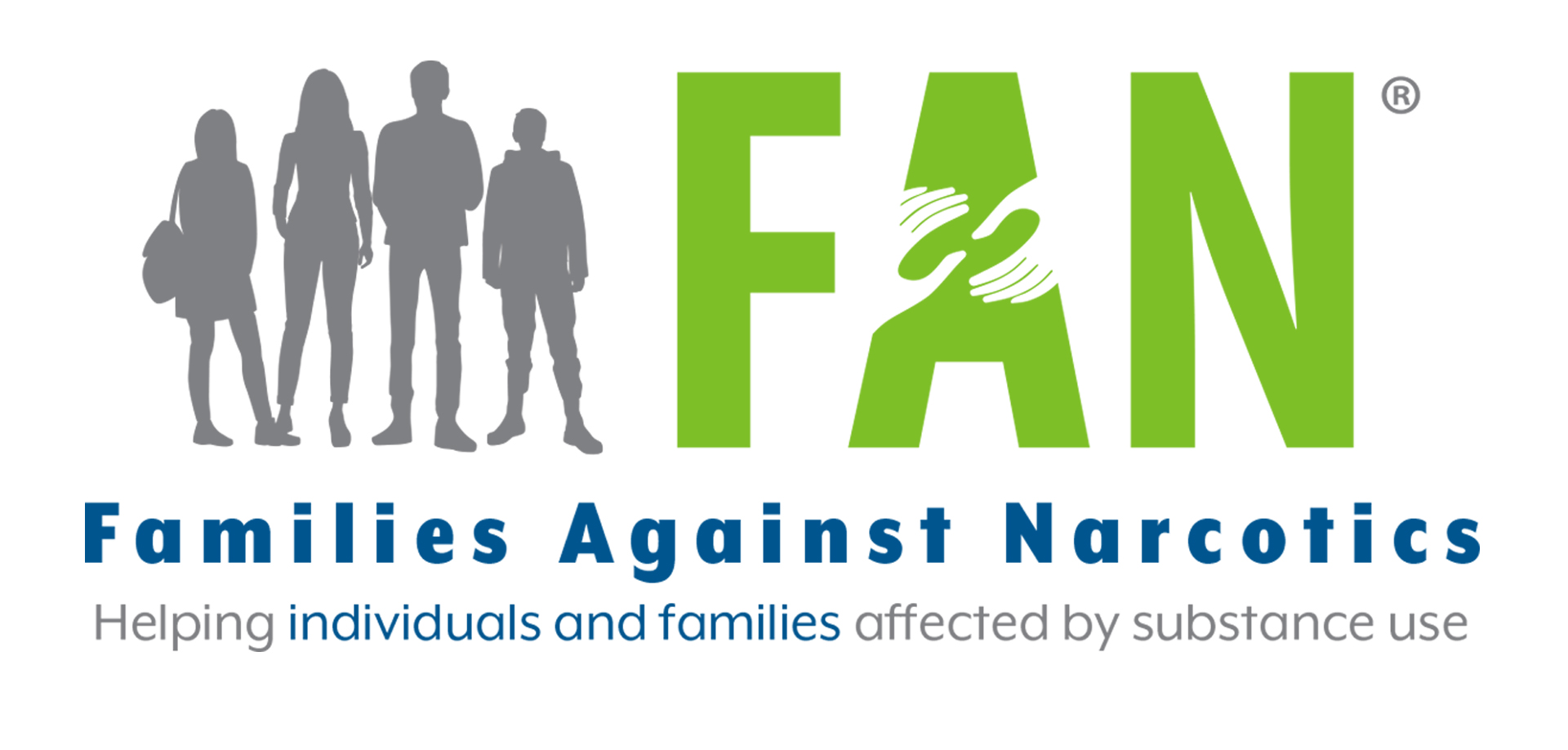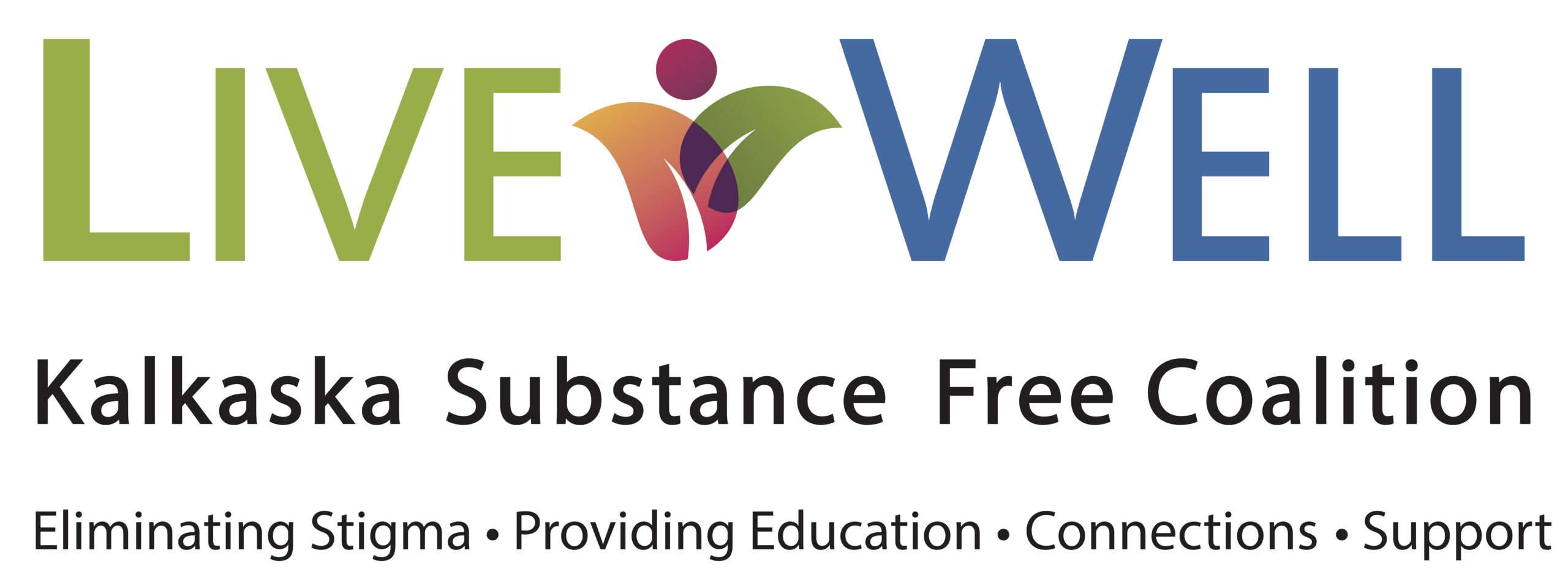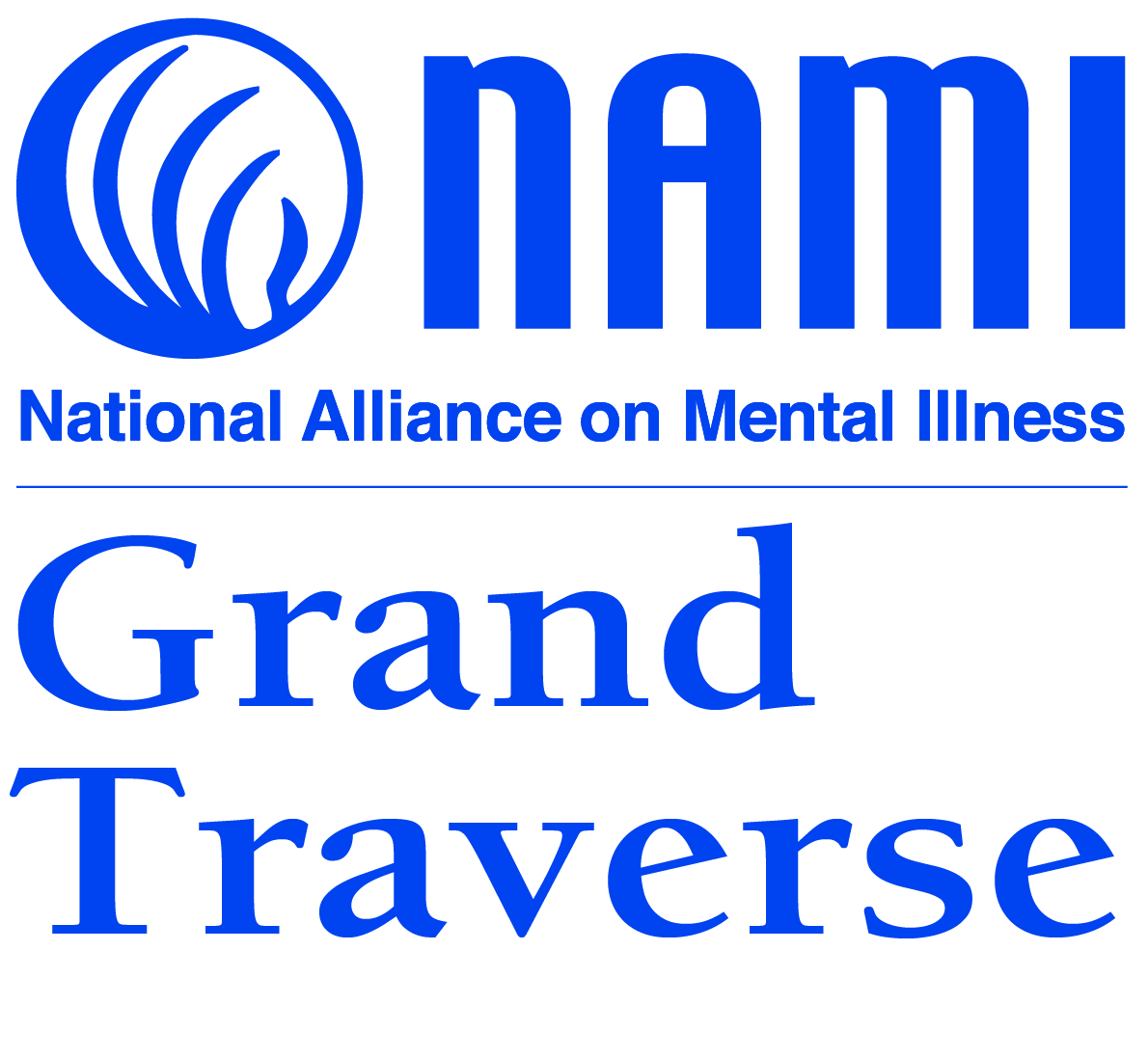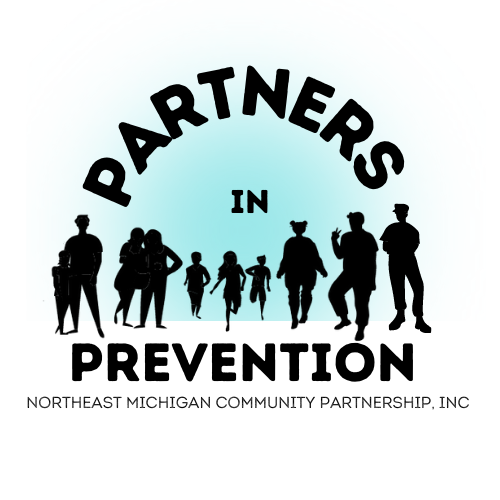
Mental illnesses and substance use disorders are often inaccurately portrayed in the media. Films, television programs, books, magazines, and news programs often stereotype individuals with a mental illness or a substance use disorder as being violent, unpredictable, unreliable, or dangerous, unlike the great majority of those who experience these illnesses. As media is often the primary way people are exposed to individuals experiencing mental illnesses and substance use disorders, when portrayals are inaccurate, they further perpetuate stereotypes, stigma, and discriminatory behavior. Today’s resources highlight some of the ways media perpetuates stigma and how media can become a more responsible partner in the fight against stigma.

Do You Want To Learn More? Check Out These Additional Resources:
From Stigmatized to Sensationalized
Read this blog from NAMI to learn about how mental illness has been portrayed over the years in the media.
Create a Stigma Free Society
Go to the Stigma Free Society’s webpage and watch the first video Mental Health and Celebrities. This video includes some examples of how media stigmatizes mental illness.
Spread The Word!

Community Resources:
Thank you to our 2024 sponsors:


























![]()
